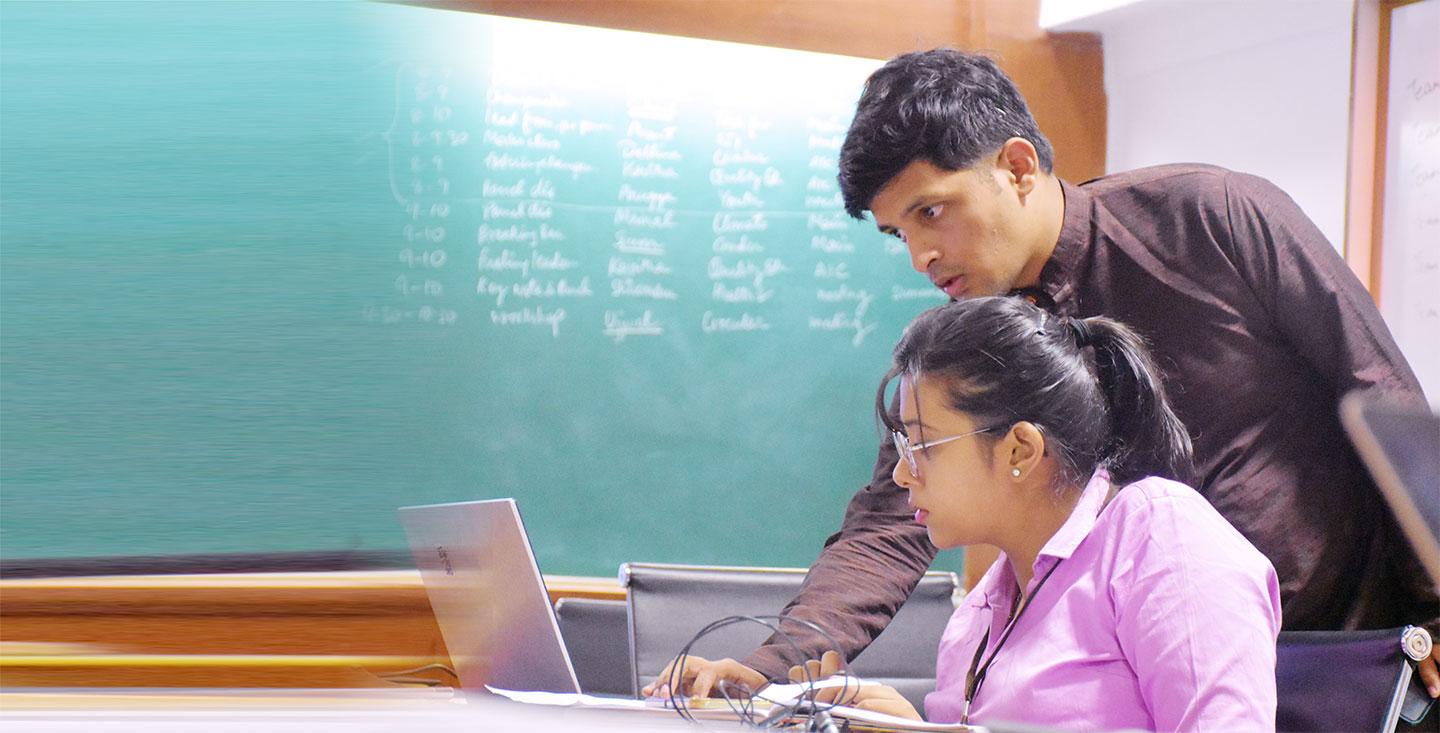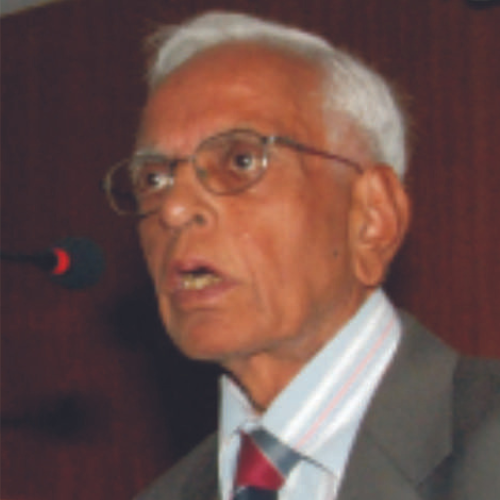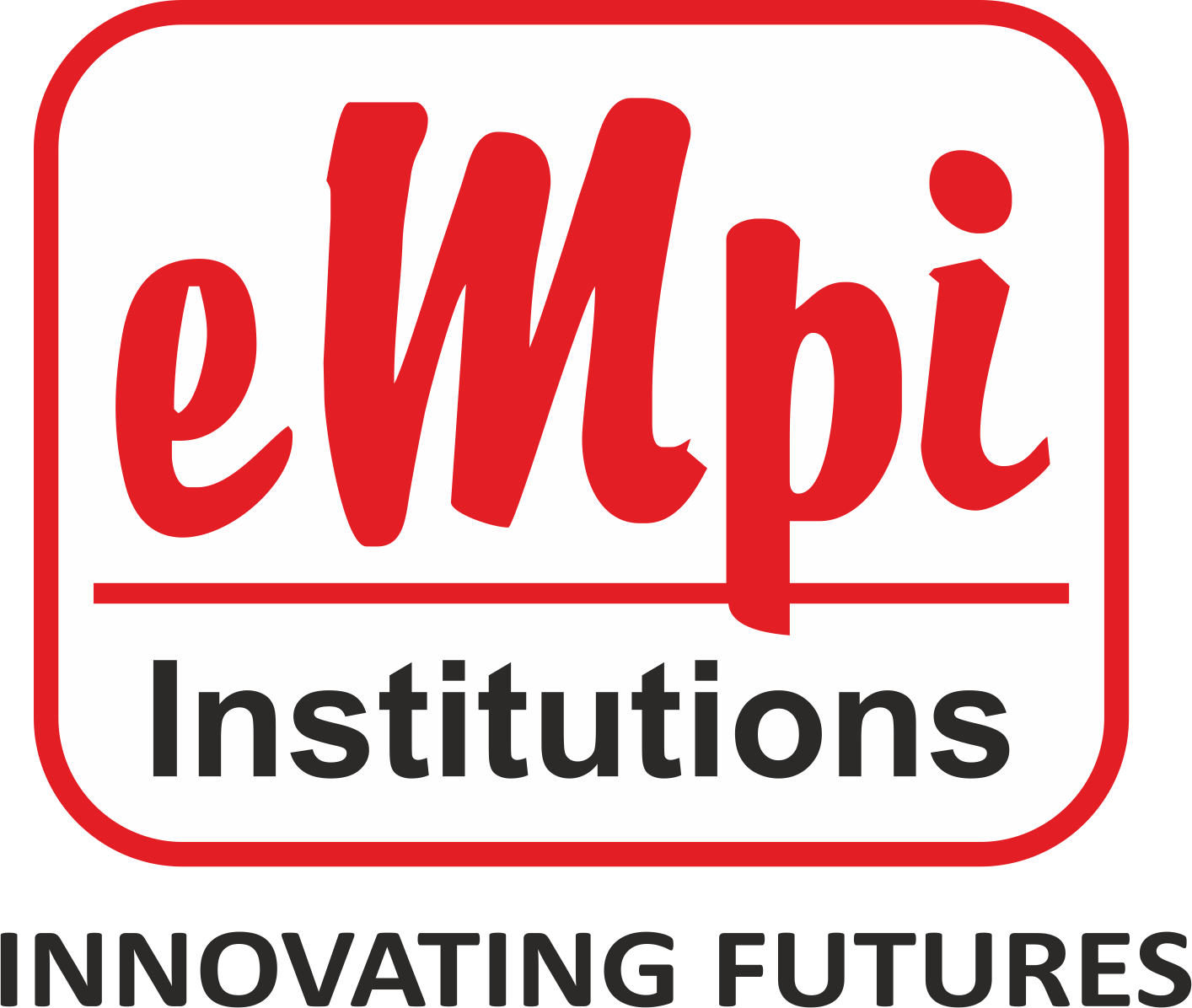
SAFI
SAFI – Self Assessment & Feedback Instruments are used by individuals, teams and organisations for self-development based on instrument-generated report. The following steps are involved in SAFI. These steps have been very well incorporated in the software-generated reports:

Completion of the instrument
The respondent responds to the items of the instrument, according to given the instructions.

Conceptual Input
The respondent reads the short account of the theory underlying the instrument.

Interpretation
The respondent then reads his/her sco res and their interpretation, generated by the computer.

Feedback
The respondent then reads the software - generated feedback.

Action Planning
The respondent picks up two or three suggestions given at the end of the report and prepares to implement them for a minimum of two months.

Experimentation
The respondent implements the action plan, keeping note of satisfactory or unsatisfactory experiences.

Follow - up
The respondent again responds to the instrument after about 6 months to see significant changes in the scores.
SAFI tools are a unique outcome of the wide – ranging contributions made by the HRD Guru, Dr. Udai Pareek, in the field of psychology, applied behavioual sciences and human resources. In the fast changing economic and social scenario, SAFI tools – a set of psychometric instruments, help in understanding various aspects of human behaviour from simple to complex; from individual level to organizational context.
The SAFI tools are the only instruments in the world that have highly exhaustive feedback reports (approximately 15 – 20 pages), and most importantly, provide suggestions for improvement. These tools are based on certain concepts and theories and the reports contain all the theories on which the instruments are based, along with the interpretation of the scores. The interpretation is based on norms developed from data of thousands of
respondents from a large range of organisations. The reports, which are self – explanatory, offer an individual and the organisation an opportunity to discover oneself and start the journey for self – development.
These instruments attend to both individual as well as organisational needs. SAFI tools help in gaining better understanding of personal effectiveness, role effectiveness, team effectiveness and organisational effectiveness. The instruments are properly standardised
and extensively researched. These have high reliability and validity.
The easy – to – understand instruments and user – friendly technology ensures anywhere anytime access to in-depth interpretation and concrete suggestions to one and all: students, executives, supervisors, managers, organisational leaders, trainers, consultants, sales
people, parents, teachers, counsellors and all those who wish to embark on a journey of growth and development.
We welcome you to the world of SAFI. Best of luck!
About the Author

Dr. Udai Pareek
Professor Udai Pareek, PhD,was the Chairman of the HR-LABS of EMPI, New Delhi and was a Distinguished Visiting Professor at the Indian Institute of Health Management Research, Jaipur, India. Hewas the Chairman of the Governing Board of the Institute of Developmental Research and Statistics, Jaipur.
He was an Advisory Member for Asia and the Middle East of Human Resource Development International. He was also a member of the Academic Advisory Board of the Global Committee on the Future of Organisation Development (sponsored by the OD Institute incollaboration with the OD Network and theInternational OD Association).
He has been Chairman of the Governing Boards of the Institute of Development Studies, Academy of Human Resource Development (promoted by the National HRD Network of India), the South Asian Association of Psychologists (SAAP), the National HRD Network, and the Indian Society of Applied Behavioural Science, Chairman of the Scientific Advisory Committee and Vice President of the Management Board of IIHMR.
He was on the Governing Boards of several Institutes and companies, including National HRD Network; GGS Indrapratha University, Delhi; Banasthali Vidyapeeth etc.
He was the only Asian to become Fellow of the National Training Laboratories (NTL), and the only Fellow from India of the Society for the Study of Social Issues (SPSSI). He is Fellow of the Indian Society of Extension Education.
He has been US-AID HRD/OD Advisor to the Ministry of Health, Government of Indonesia; L&T Professor of Organisational Behaviour, Indian Institute of Management, Ahmedabad; Director, School of Basic Sciences and Humanities, University of Udaipur; Director in SIET Institute, Hyderabad; and Professor at the Indian Agricultural Research Institute, New Delhiand the National Institute of Health Administration and Education, New Delhi. He has been HRD Advisor to the Bank of Baroda.
He has authored or edited about 50 books and more than 350 papers and been given severalnational awards and has been cited in a large number of national and international biographical reference books.He has also been on the Editorial/Advisory Boards of several journals.
About Udai Pareek HR - LABS
The Udai Pareek Human Resource Laboratory for Applied Behavioural Sciences (UPHR LABS) was launched on May 3rd, 2004 under the Chairmanship of Dr. Udai Pareek. Foundation stone of the HR – LABS was laid down on the day, EMPI honoured Dr. Pareek with the Lifetime Achievement Award.
Mr. Pankaj Saran, President, EMPI Business School, New Delhi, expressed the need for a programme to cater to the HR need of present day knowledge society. To bridge the gap it was resolved that EMPI will launch a Programme on Human Resource and Organisation Development. The Udai Pareek HR – LABS started with the objective of promoting HR profession through Education, Training, Consulting and Research.
In the area of education the beginning was made with the Post Graduate Programme in Human Resource & Organisation Development (PGP – HR & OD), the first of its kind in India. The uniqueness of the programme lies in the approach towards its design and conduct. The programme based on Applied Behavioural Sciences and the emphasis on ‘experiential learning’ differentiates it from routine HR programmes. The programme has been further enriched by added the how AI is influencing HR in organizations.
SAFI Tools
The following are the different SAFI tools available:
Attribution of Success and Failure (ASUFA) Inventory measures two important variables for success in life: Locus of Control and Optimism. It helps respondents to examine what they attribute their good experiences (including success) and their bad experiences (including failure). This instrument is for general purpose.
Attribution of Success and Failure (Asufa) Inventory measures two important variables for success in life: Locus of Control and Optimism. It helps respondents to examine what they attribute their good experiences (induding success) and their bad experiences (including failure). This instrument is for teachers.
The Interpersonal Needs Inventory (IPNI) was developed to measure six interpersonal needs namely, inclusion, recognition, affiliation, extension, control and influence on two aspects of giving and receiving.
MAO-B is based on the (positive) approach and (negative) avoidance, reflected by hope and fear respectively of the 6 motives of achievement, affiliation, influence, control, extension and dependence. MAO-B was developed to study manager or employee behaviour in an organization.
Motivational Analysis of Organisations -Styles (MAO-S) measures the motivational styles of an individual based on the 6 motives of achievement, affiliation, influence, control, extension and dependence
When individuals experience stress, they try to adopt ways of dealing or coping, with it as they cannot remain in a continual state of tension. Individuals have effective or ineffective strategies of dealing with stress. The organizational role stress (ORS) instrument effectiveness or ineffectiveness of an individual in dealing with different types of organizational stress.
One precondition for personal effectiveness is better self-awareness. Based on the theoretical framework of the Johari window (known / not known to self, and known / not known to others), the instrument measures the personal effectiveness of an individual in terms of self-disclosure, feedback and perceptiveness.
The performance of a person working in an organization depends upon his own potential effectiveness technical effectiveness, managerial experience etc., as well as on the design of the role that he performs in the organization. It is the integration of the two (the person and of the role) that ensures a person’s effectiveness. Role Efficacy is the potential effectiveness of an individual occupying a particular role in an organization. Role Efficacy can be seen as the psychological factor underlying role effectiveness.
The habitual way of a person’s interaction style with others can be called his/her interpersonal style. A useful conceptual framework to describe an individual’s style is Transactional Analysis (TA). Two basic concepts can be used to understand influence styles, the ego states and the existential positions.
TSI (P1) measures parental styles of parents of children of 6 years or below.
Parenting is one of the most challanging and versatile tasks. However, there is no perfect parenting. Though each family has its own value system and culture, every child grows up to be a distinct individuals even in the same family. Parents play an important role in the growth any development of their children. Parents perform several functions which may contribute to or retard the growth of their children, depending on how they perform these functions.
TSI (P2) measures parental styles of parents of children of 6-12 years.
Parenting is one of the most challanging and versatile tasks. However, there is no perfect parenting. Though each family has its own value system and culture, every child grows up to be a distinct individuals even in the same family. Parents play an important role in the growth any development of their children. Parents perform several functions which may contribute to or retard the growth of their children, depending on how they perform these functions.
TSI (P3) measures parental styles of parents of children of 13 years or above.
Parenting is one of the most challenging and versatile tasks. However, there is no perfect parenting. Though each family has its own value system and culture, every child grows up to be a distinct individuals even in the same family. Parents play an important role in the growth any development of their children. Parents perform several functions which may contribute to or retard the growth of their children, depending on how they perform these functions.
TSI-T gives the typical training style of trainers based on the transactional styles. How balanced and effective he/she is as a trainer. Finally, suggestions are given to increase training effectiveness.
TSI-Te gives the typical transactional style of a teacher, how balanced and effective he/she is in these styles. Finally suggestions are given to increase effectiveness.
Disclaimer
We want to emphasise that while considering the analysis and suggestion made, use your critical judgement. You are the best judge about accepting or not accepting analysis and suggestions, although the instrument has high reliability and validity. Please reflect carefully on the interpretation and if it makes sense, consider the suggestions, all of which are behaviour-oriented and can be implemented with some determination After some time, it is suggested that you again administer the instrument and see what changes have occurred.
Contact Us
Individuals / organizations wishing to take the SAFI tools, may write an e-mail to hr@empi.ac.in for further details.
